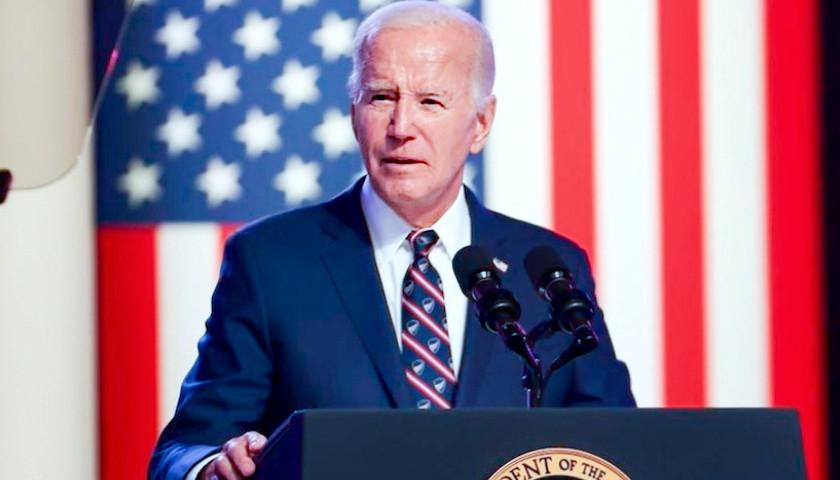COLUMBUS, Ohio – The Ohio Ballot Board has approved an initiative petition drive seeking to legalize marijuana for adults 21 years old and older, clearing the way for supporters to collect signatures for presentation to the Ohio General Assembly later this year.
The five-member panel certified the proposed “Act to Control and Regulate Adult-Use Cannabis” in a 5-0 votes as meeting the one-law standard for proposed ballot measures.
The Coalition to Regulate Marijuana Like Alcohol backing the legalization effort argue the 2 1/2 years of legalized medical cannabis has shown the psychoactive drug can be regulated through state agencies.
“We think it’s time for Ohio to take the next step,” says Tom Haren, a Cleveland attorney serving as the group’s spokesman. “This is an important issue that really is pretty widely supported nationally. We think that will be true in Ohio.”
The unidentified activists and consumer interests supporting the drive have set up a scheme that builds on the mid-2016 support medical marijuana received in the Ohio General Assembly, which had modified a petition proposal.
“We looked at the best practices across the country” for the latest effort, Heran said.
The structure calls for 50 new cultivation licenses atop the current 58 current licenses for medical marijuana plus 78 additional ones set for an early 2022 round of licenses set to be granted.
Heran said minorities and other disadvantaged “social equity” classes would get preferences in those licenses because of the negative effect the unregulated marijuana drug trade has had in those neighborhoods over the decades.
The measure, if approved, also would allow adults over 21 to keep up to six cannabis plants, with no more than six plants per household.
A newly created Division of Cannabis Control within the Ohio Department of Commerce would regulate the rules set for the operators, much as the department’s Division of Liquor Control regulates alcohol sales. That agency also could expand the number of licenses if business conditions warrant.
Heran said the commercial sale of cannabis and cannabis products would get taxed at 10 percent on top of the standard sales tax with expectations that taxation would raise another $400 million per year.
The proposed legalization would direct 25 percent of the tax revenue to programs fighting drug abuse; 36 percent to a cultivation or dispensary operation’s host city; 36 percent to a social equity and jobs programs that would include grants and loans to assist the start of the marijuana businesses.
Opponents ready
While marijuana has found increasing favor nationwide, those opposed to recreational marijuana still content higher potential of tetrahydrocannabinol, or THC, continues to make it a physically addictive and potentially addictive, according to the Prevention Action Alliance of Worthington, Ohio. While cannabis can give users a sense of well-being, relaxation, it can also produce anxiety and psychosis.
Prevention Alliance Executive Director Fran Gerbig said simply following other states is not much of a argument.
“Is this what’s best for Ohio,” says Gerbig, “or is this economically driven?”
In fact, Ohio Department of Mental Health and Addiction Services research sent to The Ohio Star shows marijuana represents 14,6 percent of Ohioans treated for substances abuse, a figure dwarfed by the surging opioid addiction that accounted for nearly 49 percent of patients treated in fiscal 2019. Alcohol accounted for 21.3 percent of those treated.
Gerbig said alcohol is a danger to teens because of its availability. “We know young people experiment with substances they find in the home,” says Gerbig, particularly alcohol which is commonplace.
“I just don’t know,” she says, “if regulated alcohol is (a model) we want to follow with marijuana.”
The coalition faces some competition. Two Ohio House representative in late July introduced a similar but less complicated recreational marijuana bill in House Bill 382.
Heran said his group is hopeful it can get the 132,887 valid signatures to put the issue before the legislature as a citizen-driven change in the law.
The plan calls to have its petition certified by the Ohio Secretary of State by mid-December so it can be presented to the Ohio General Assembly for its consideration in January. If the bill does not get approved in some form, the petitioners could gather more signatures in hopes of getting it on the ballot for the November 2022 general election.
We’re laser-focused to get this through the legislature,” Heran says. “It will be a very vigorous debate.”
– – –
Brian Ball is a veteran journalist reporting for The Ohio Star and Star News Network. Send him news tips at [email protected].
Photo “Marijuana Dispensary” by My 420 Tours CC 3.0.





